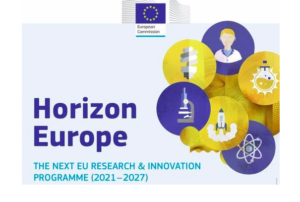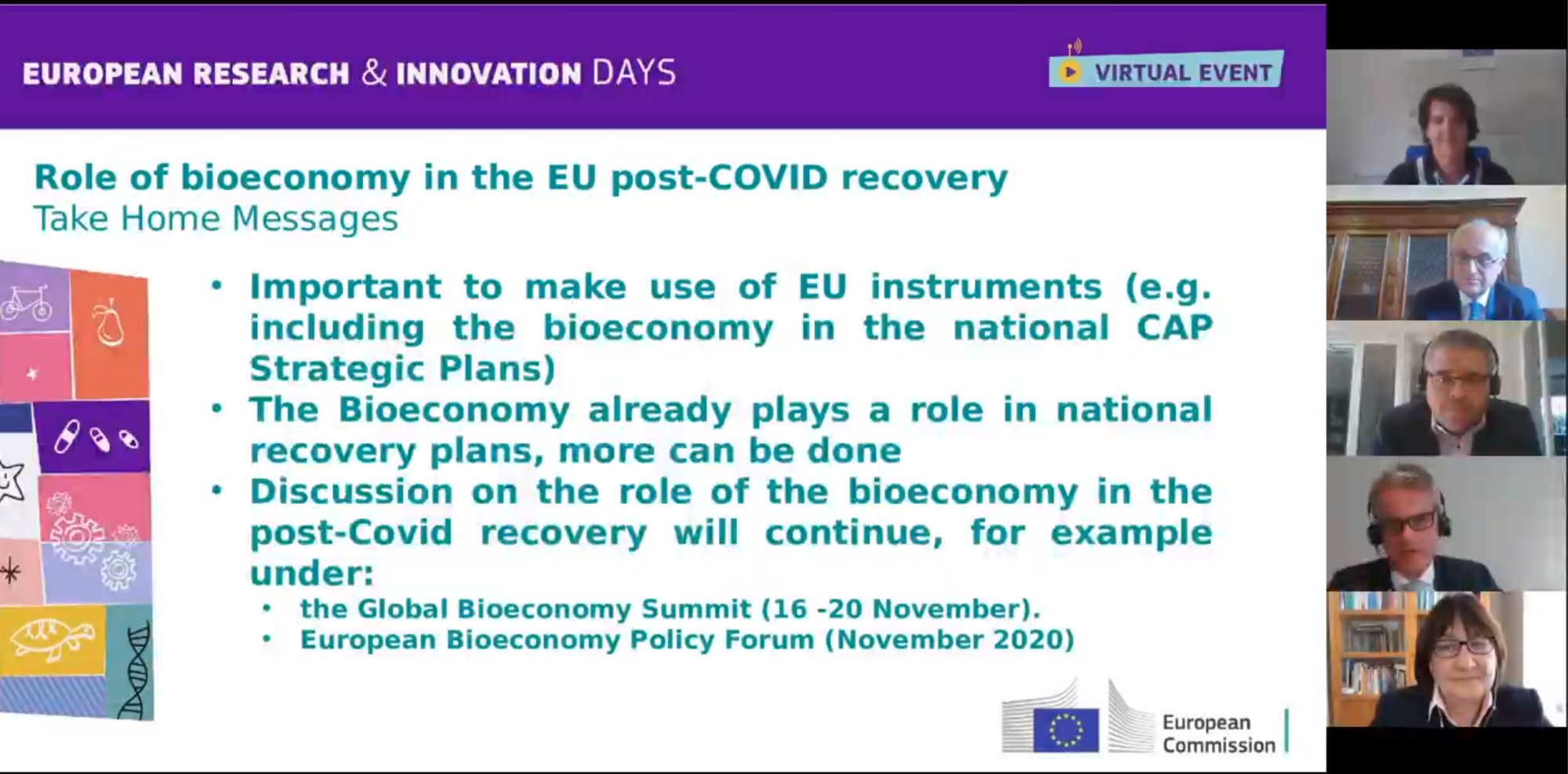EATiP and other food sector Technology Platforms call for a more ambitious budget for Horizon Europe
As part of providing the right framework for an economic recovery from the COVID-19 pandemic European Heads of State and Governments agreed earlier this week on the EU budget for 2021-2027. Whilst the Council decision provides a clear direction for a rapid decision later this autumn, the reduction in funds allocated to the next Research Program “Horizon Europe” is of concern. Investment in Research and Innovation (R&I) is fundamental to improve food security and the sustainability of EU food systems and ensure development in line with the Green Deal and Farm2Form strategy objectives.

Horizon Europe – the EU Research & Innovation Programme 2021 – 2027
Together with the European Technology Platforms FABRE, Plants for the Future, TP Organics, the National Food Technology Platforms and the Animal Task Force, EATiP addresses an urgent message to the European Council, European Parliament and European Commission on the importance of R&I to support robust and resilient food, agricultural and aquaculture systems.
Read the common statement below:


